
The search for new knowledge is a key focus for all our academics. Because through research, we gain a clearer view of the world that will shape new opportunities and create true social impact.
Our researchers don’t just embrace change, but actively lead it. From promoting inclusive societies, nurturing creativity, enabling innovation and encouraging wellbeing for all, to tackling some of the world’s biggest sustainability challenges, our work has a growing global reach and influence.

Using AI in the fight against deadly disease
Edge Hill Professor Ardhendu Behera is leading research on how artificial intelligence may help early diagnosis of severe health conditions.
The Professor of Computer Vision & AI, and fellow researchers, have featured widely in the media for their work with ‘Robbie the Robot.’ It learnt to recognise symptoms of dementia by watching Emmerdale – studying the facial expressions and body language of Ashley Thomas, a character with the condition.
The team hopes that robots could help diagnose dementia within 10 years and be used to monitor those living with it to reduce strain on the health service.
Professor Behera is also leading research into how AI could tackle pancreatic cancer. It’s currently one of the most deadly forms of the disease, as symptoms tend to appear once the cancer is too advanced to treat.
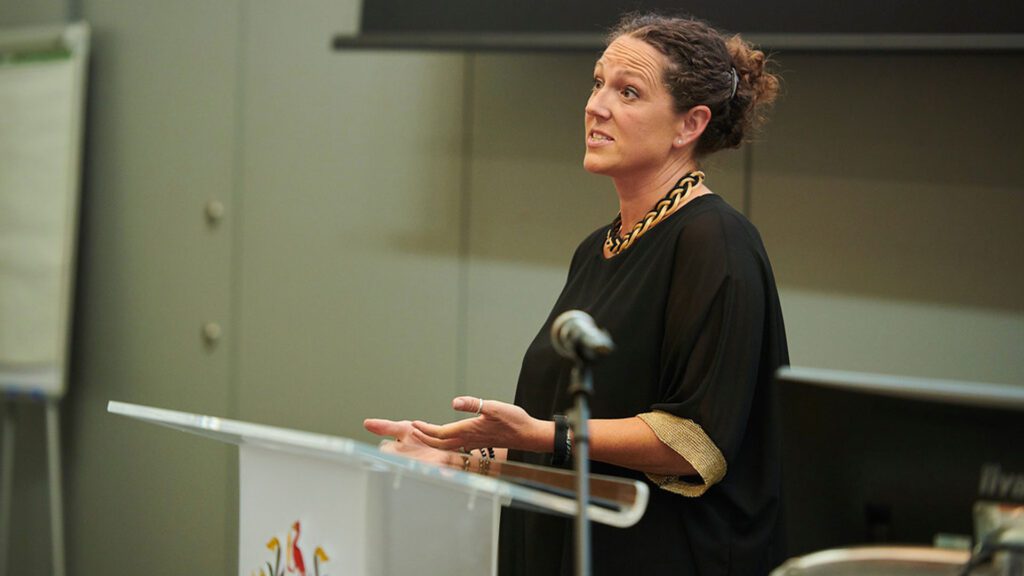
Giving children a better clinical care experience
Our Professor of Children’s Health Literacy Lucy Bray, has led an international group of experts and carers to develop rights-based standards to improve children’s care during clinical treatment.
In extreme cases, poorly handled procedures have contributed to children developing chronic anxiety and PTSD. The ISupport group aims to reduce harm and establish trust, particularly for chronically ill children or those with acute conditions.
The standards aim to give children a voice to influence decisions about their care. They address issues such as how they understand and cope with treatment and the use of restraint.
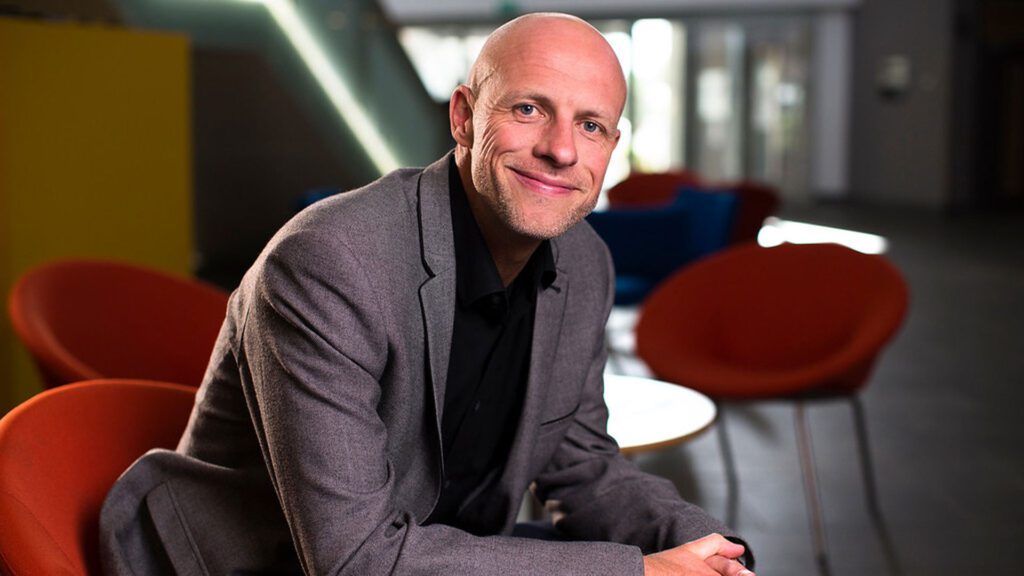
Getting active for life
A three-year project led by Professor Stuart Fairclough has helped raise the health and activity levels of hundreds of children across the north of England.
With 80% of adolescents not sufficiently active, Edge Hill’s Professor of Physical Activity Education has encouraged forward-thinking approaches to physical activity throughout the school day.
He partnered with leading fitness company Les Mills to trial an activity intervention programme, ‘Born to Move,’ which saw children become less inactive and enjoying physical activity more.
Stuart has also successfully trialled a peer mentorship scheme to encourage more teenage girls into physical activity and has widely researched the link between movement, sleep and positive mental health.
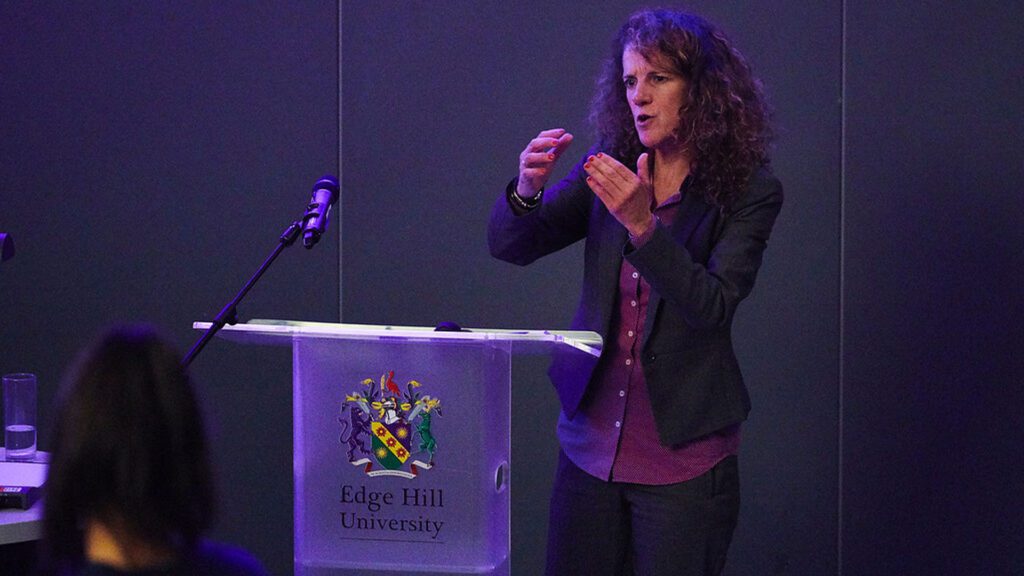
Taking our high streets from blight to boom
Professor Kim Cassidy is helping our town centres and high streets go from blight to boom, evidencing their challenges and recommending ways they can thrive.
Our Business School Professor of Services Marketing has helped shape two landmark reports led by ex-retail CEO Bill Grimsey that have shifted how the government funds and supports regeneration.
A regular keynote speaker, workshop leader and part of the Research and Data Group of the Government High Streets Task Force, Kim promotes the need for towns to create a distinct sense of place. Her influence can be seen locally in Southport, a seaside town that now capitalises on its championship golf pedigree.
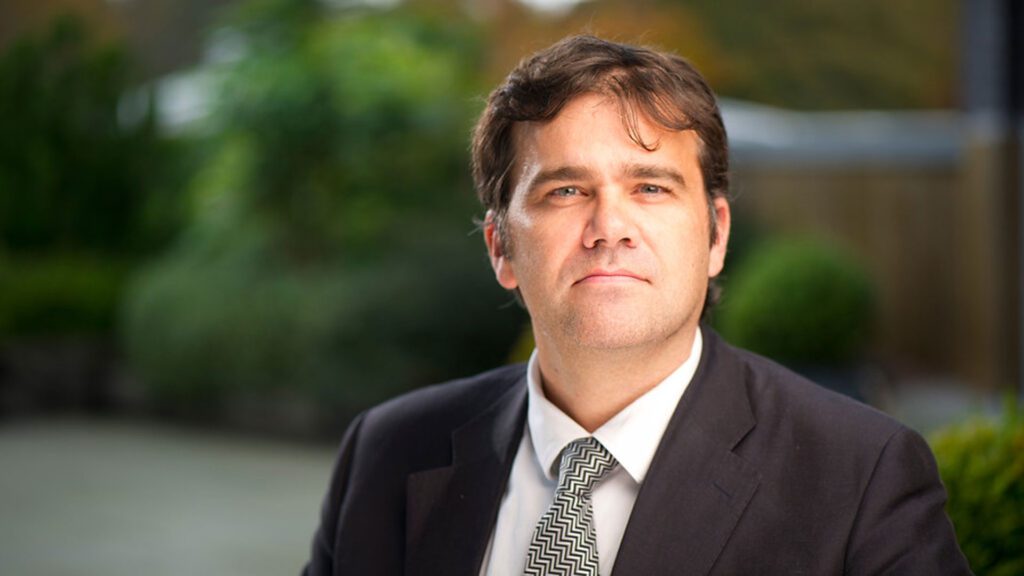
Helping sport navigate law and politics
Through his research and senior advisory roles for governments and the EU, Professor Richard Parrish – the Director of Edge Hill’s Centre for Sports Law Research – has changed thinking and practice on the politicising of sport and how far the law should reach into the activities of traditionally self-regulating sports bodies.
Amongst various notable achievements, Richard’s work has led to FIFA reviewing its football agent regulations – aimed at tackling poor practice – to eradicate some flaws and legal tensions.
He also called for the EU to consider how to reconcile eligibility criteria based on nationality with EU law, which generally prohibits nationality discrimination.
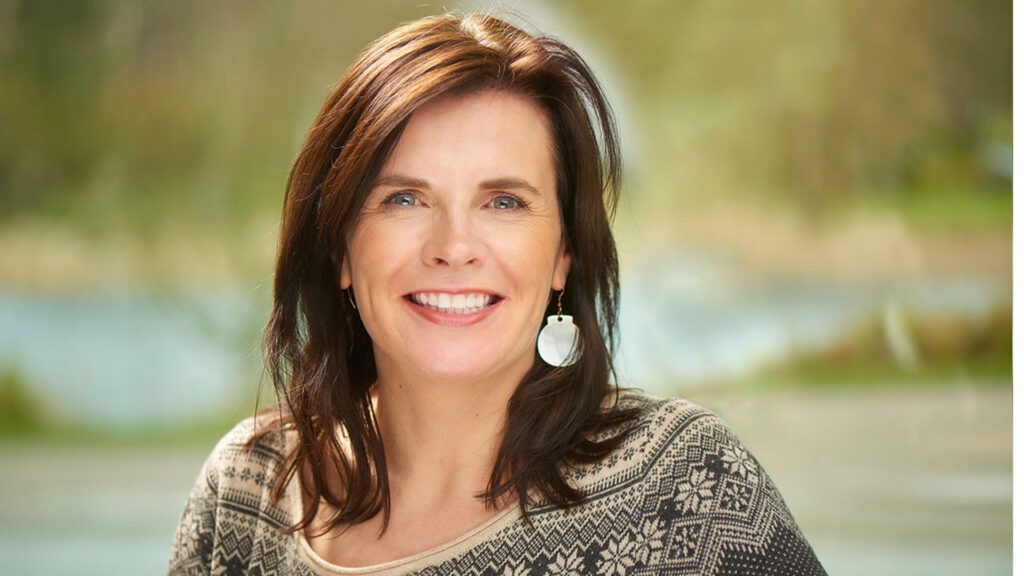
Managing mosquitos to save lives
Dr Clare Strode is saving lives by helping to manage mosquitos – the deadliest animal in the world.
Our Reader in Vector Biology is furthering our understanding of these tiny insects to support the 3.5 billion people vulnerable to mosquito-borne disease worldwide while preventing species of concern from getting a foothold in the UK.
Clare has established a UK surveillance network with the UK Health Security agency and has helped develop a low-cost method to screen imported used tyres for mosquito eggs. Her research has also informed World Health Organization policy recommending the continued use of insecticide-treated bed nets following concerns over their effectiveness.
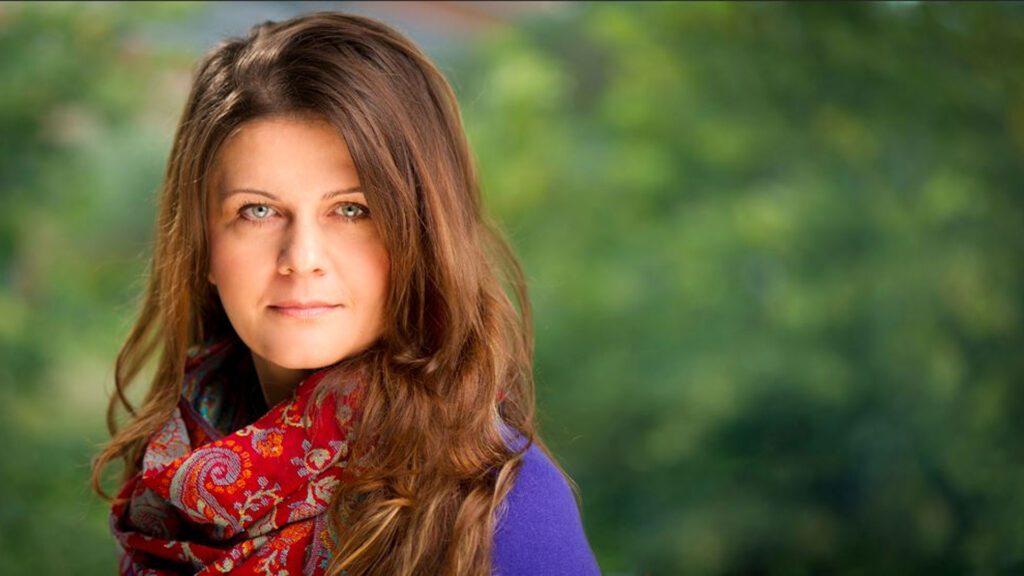
Protecting migrant children across the world
Dr Zana Vathi’s research is helping ensure the most vulnerable migrants, particularly children, are protected against trafficking and exploitation and can re-integrate well on return to their homeland.
Edge Hill’s Reader in Social Sciences has studied movements, attitudes and risks in The Western Balkans – a key source area for refugees to the EU and one with high levels of returns after unsuccessful asylum claims.
Her work has included training practitioners and service providers in Albania to improve the treatment and wellbeing of returning children and adolescents. Without interventions, many live outside the system and rely on dangerous street work to survive, such as begging and scavenging.
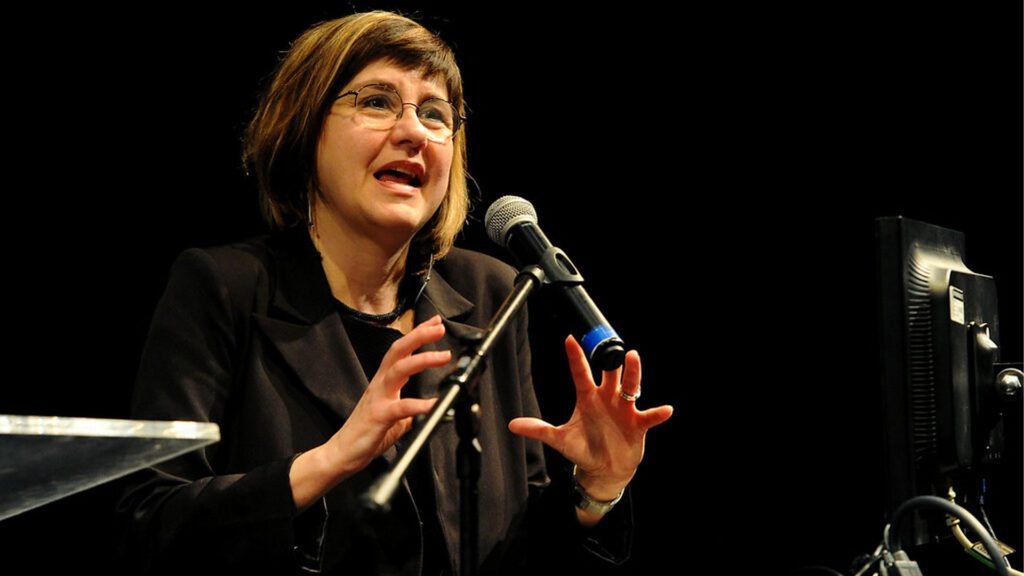
Getting creative in tackling depression
Professor Vicky Karkou, Director of Edge Hill’s Research Centre for Arts and Wellbeing, leads an award-winning project using the arts to tackle depression in hundreds of adults and children across the North West of England.
Arts for the Blues – a collaboration between artists, therapists, universities, NHS trusts and cultural institutions – recognises that creative psychological therapies involving drama, music and writing are better for some people than talking therapies. Adults taking part have reported less anxiety and better wellbeing. In a pilot trial, children suffering emotional and behavioural difficulties enjoyed similar benefits, even 12 months on.
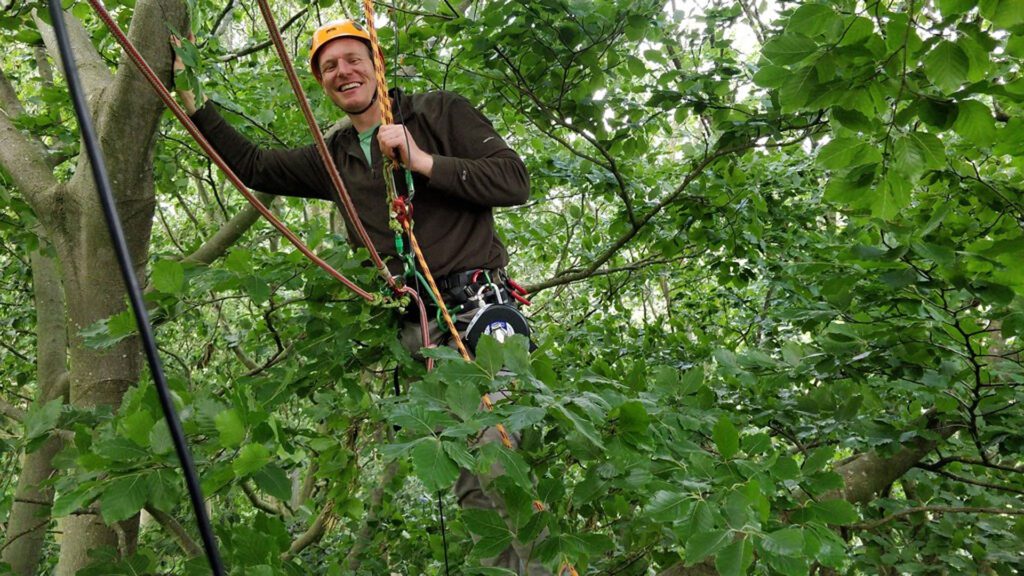
Unlocking our plant history and future
Dr Sven Batke, an advocate for the power of plants in improving wellbeing, helps us better understand our relationship with them.
Working with a Honduran counterpart, our Reader in Plant Sciences has led a team of botanists to create the first checklist of over 713 species of Honduran ferns, discovering at least 130 at risk of extinction from climate change.
And research by Sven shows our ancient ancestors were just as blind to plant life around them as we are, with less than 1% of European Palaeolithic art images they studied depicting plants. In contrast, more than half the images included animals.